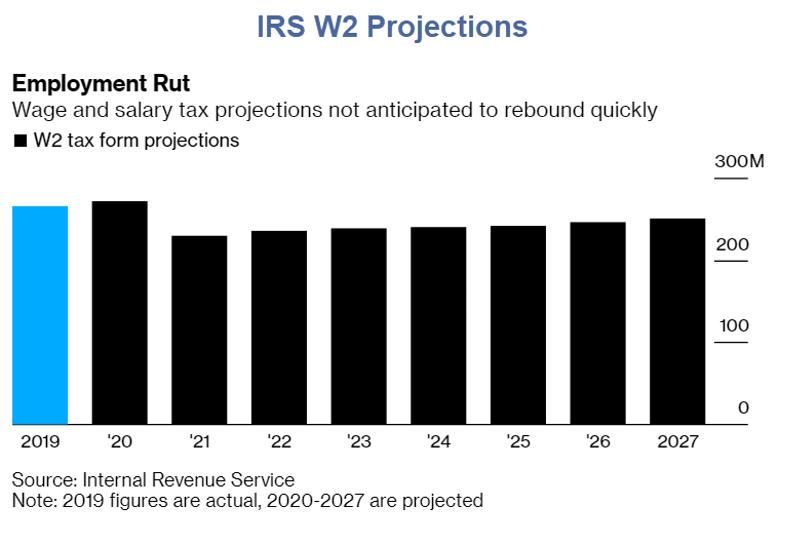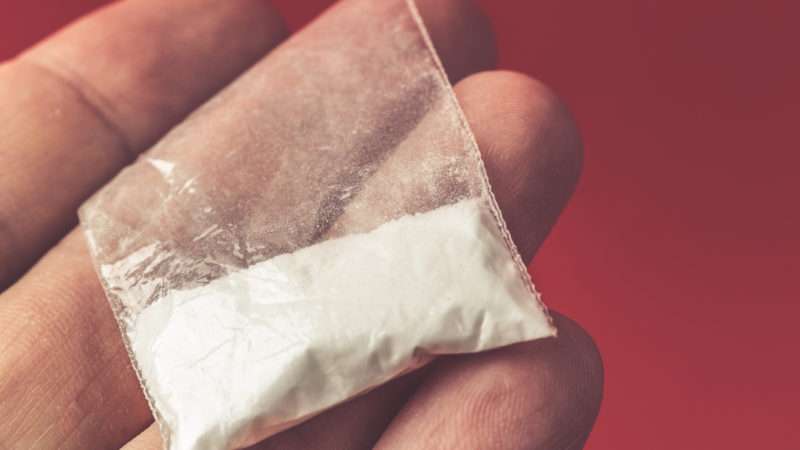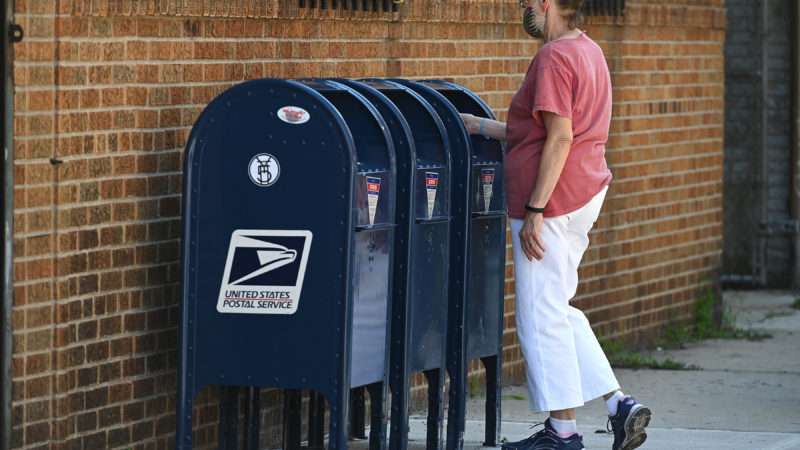Authored by John Mauldin via MauldinEconomics.com,
The economy recovery, when it comes—and it will—is going to be uneven.
In some parts of the economy, it’s already starting. Other parts will be in what can only be described as a depression for quite some time. And still others are going to take off like a rocket ship.
This three-part economy won’t fit compactly into the V- or U-shaped recovery that some are predicting (read: hoping) for. More likely, it will look like a “K.”
Whether it’s K-shaped or some other to-be-determined letter, there are three truths that will define this economic recovery:
1. This is going to change the way we live.
We have already seen savings increase, not unlike our parents and grandparents during the Great Depression. It is going to change spending and saving habits. It is going to force businesses and entrepreneurs to adjust in ways that they never dreamed they would need to.
I think it is fair to say that many of us have looked at our lives and decided we don’t need quite as much “stuff” as we did before. We are not going to hunker down in caves, but we may pack them with less paraphernalia.
Each one of those choices represents a buying decision that impacts some entrepreneur who provided that product.
This crisis is simply the greatest demand destruction of our lifetimes. It will come back, but it is not going to come back to what it looked like in 2019. Our future economic buying decisions are going to be different.
Everything, I mean everything, is going to be repriced and thought through. You can’t take anything for granted.
Inflation numbers and measures are going to be warped for at least a few years. We are using old tools to measure a new economy. We are going to have to develop new models to appropriately analyze the world we now live in.
How do we value the price of a home or apartment? I don’t think it is unreasonable to expect 10% unemployment, or something close to it, in the middle of 2021. That is going to affect prices up and down the housing value chain.
How do you value retail and office space? If your tenants are gone, do you pay the mortgage? Hotels will come back, eventually, but who is going to own them? The old private-equity owners or the new ones? At what price? We already knew we had too many retail stores. What is the correct number in the future? How will malls and commercial space be repurposed?
Hundreds, if not thousands of planes are sitting on the tarmac. Who is going to own them?
There are thousands of scenarios playing out in thousands of industries all over the world. What they have in common is that…
Everything is going to be repriced.
That makes me very uncomfortable.
2. Inequality is not going to get better.
Thought experiment: It is more than probable we will see some form of universal basic income in the future. It will not solve the inequalities of either income or wealth, but it will still be tried.
Those individuals who were part of the devastated service economy will still struggle for jobs, and they are in the lower income group already. The second part of the economy will be growing and pulling away from that first part.
And that doesn’t even begin to describe what happens to the disruptors.
Just for the record, in this letter and on op-ed pages in various publications, I outlined a methodology for increasing taxes while actually improving the ability to create new businesses and to help those in the lower echelons of income.
I am not a priori against higher total revenue for the government. It’s all about how we collect it. Social justice as our driving mechanism for tax policy is not going to improve the comity in our country.
3. We have two major cycles coming into play at the same time in this decade.
One I have written about on numerous occasions: The End of the Fourth Turning. It is always a time of great social unrest, and we are just at the beginning of the end. I expect the period between the middle of this decade and the end to be far more disruptive than where we are today.
Second, my friend George Friedman has written a book called, “The Storm Before the Calm: America’s Discord, the Coming Crisis of the 2020s, and the Triumph Beyond.”
In it, he discusses two separate cycles in American history, an 80-year cycle and a 50-year cycle. Both are disruptive. For the first time, they coincide in the latter part of this decade.
He predicts that the 2020s will bring dramatic upheaval and reshaping of government, foreign policy, economics, and culture.
A two-part/three-part economy, where the outcomes for significant portions of the population are dramatically different, is a recipe for the types of crises both of their books outline.
And just so I can pile on, just as we are in the middle of their crises, we get to experience The Great Reset. It is a toss-up whether we will have a $30 trillion national debt by New Year’s Day. We will be at $40 trillion by 2025. Plus massive corporate debt and multiple pension crises that will boggle the mind.
All of the debt MUST be “rationalized.” We have absolutely no idea how, because we don’t know who will be in charge or what the crisis will look like.
I am a believer in the entrepreneurial free market society, and I believe that is what will ultimately bring us into that period that George Friedman calls “The Calm” after the upheaval of the ’20s.
I am excited about the future. I truly think we are on the cusp of actually reversing aging in our lifetimes, if not this decade. And that’s just one of many other wonderful things.
As my dad would say, don’t let the bastards—the crisis around you—get you down.
Look for the opportunity. There’s a pony in there somewhere.
* * *
I predict an unprecedented crisis that will lead to the biggest wipeout of wealth in history. And most investors are completely unaware of the pressure building right now. Learn more here.




